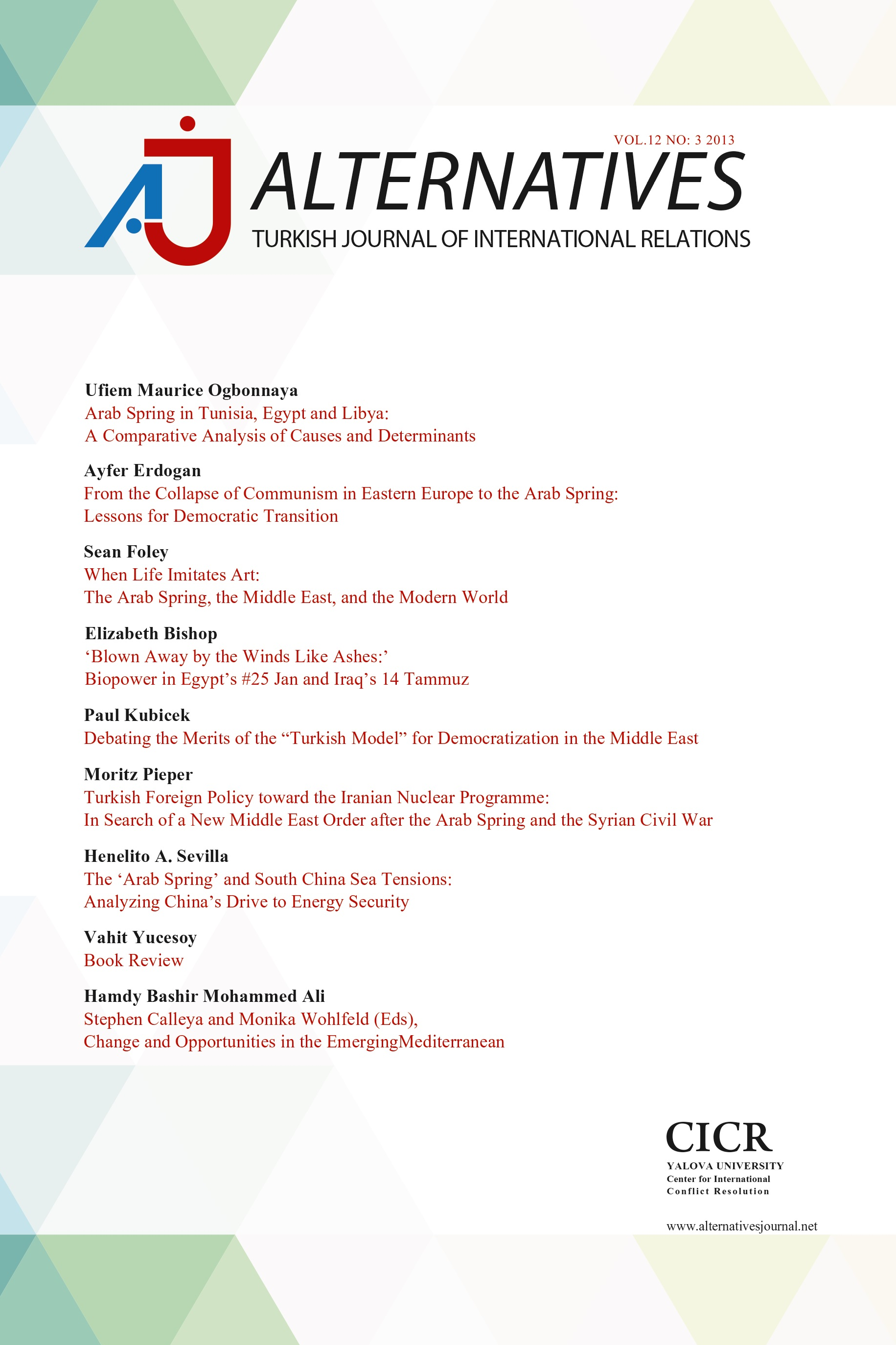EU Governance: Struggle Between Cooperation and Competition
EU governance is characterized as a multi-level system in which various actors are involved in the policy-making procedure at multiple levels in a non-hierarchical way. During the course of the European integration process, EU governance has been brought forward as a response to the citizens' quest for a legitimacy through enhanced democratization in the decision-making mechanisms and as a tool that would increase the leverage and competitiveness of the EU to have an efficient way of functioning for the enlargement of the Union. In that respect, the legitimacy and the representative power of the EU and its institutions are put under scrutiny, as powerful and at the same time efficient decision-making mechanisms are necessary for the EU. However, although significant changes are enshrined in the Lisbon Treaty regarding the decision-making procedure and policy outcomes, it has been limited with struggle between cooperation and competition at vertical and horizontal levels under the shadow of supranational hierarchy that has created mistrust on the EU institutions and decision-making structures from the perspective of citizens. The article addresses this issue on the grounds of the reasons and the circumstances in which EU governance emerged, the principles and characteristics it is based on, the means and ways it utilizes, and the effects on the decision-making process of the EU.
- ISSN: 2146-0809
- Yayın Aralığı: Aylık
- Yayıncı: Yalova Üniversitesi
